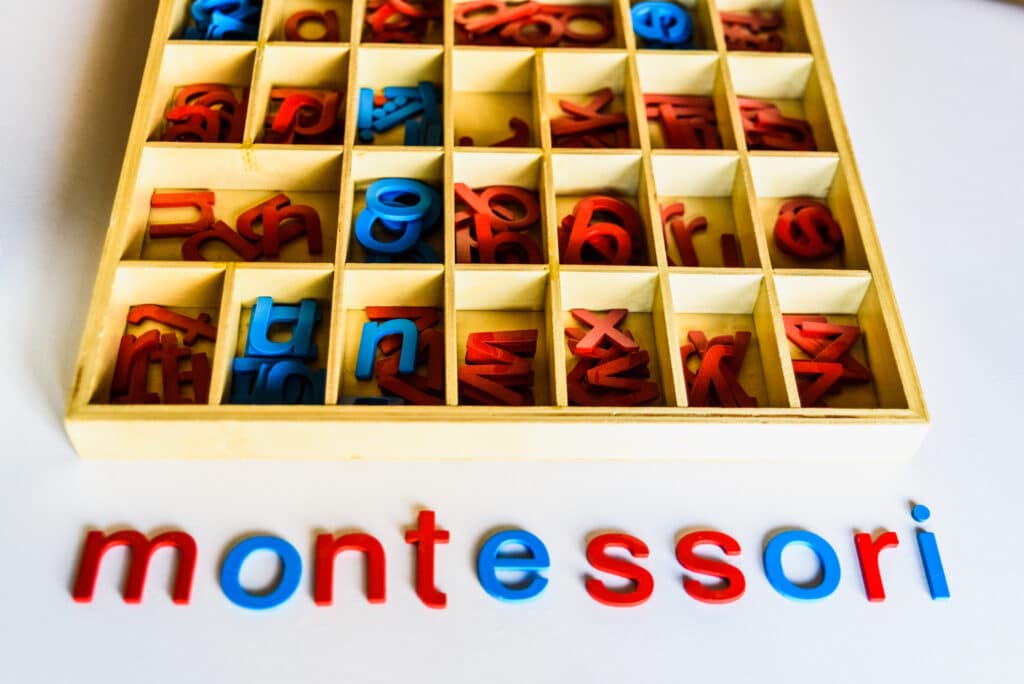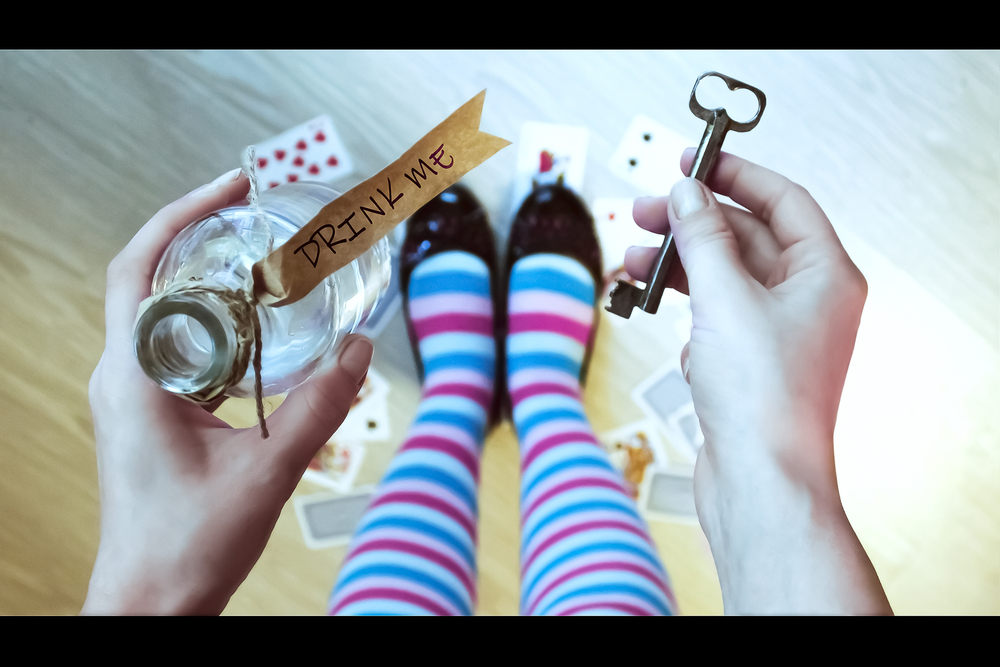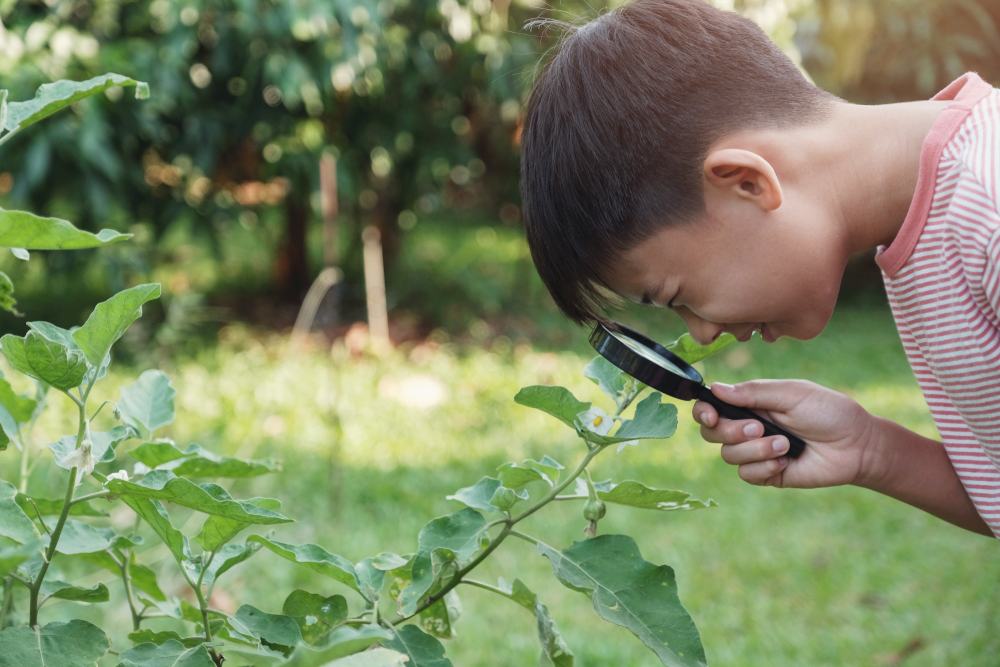In the age of technology, more and more parents are becoming frustrated with the amount of time that kids are spending on devices at school. This is causing many parents to seek out screen-free schools.
Do schools that don’t use screens exist?
Yes, they do, believe it or not – and with the post-pandemic rise of the use of screens in public schools, screen-free school options are becoming increasingly popular.
In this article, we’re going to go over 5 screen-free schools that are available in the U.S. and throughout the world.
Each of the schooling options on this list has its strengths and drawbacks, which will be different for each individual family.
Hopefully, you’ll find something on this list that is both suitable and accessible to you, as every child deserves more opportunities to put down the learning apps and learn from their environment.
So, let’s get right to it.

What school doesn’t use technology?
It’s true that most schools these days use technology to help teach kids, and it’s not always a bad thing.
After all, technology can benefit a classroom by incorporating different learning styles and improving collaboration.
It’s not always necessary – or desired – in an early childhood education program, however.
Many parents want to know that when they send their child off to preschool or elementary school they will be getting a variety of hands-on learning opportunities and not simply be sitting at a desk in front of a tablet all day.
But what school doesn’t use technology nowadays? Here are 5 options.
- Montessori
- Waldorf (Steiner)
- Reggio Emilia
- Charlotte Mason
- Forest Schools
We’re going to talk a bit about all of these schools below.
It’s important to note, though, that you should ask questions about specifically tech use prior to enrolling your child in any school if it’s something that’s important to you.
Not every school adheres strictly to screen-free methods.
Also, check out the schools local to you (even the types that aren’t listed here) and ask about how much screen time they allow each day.
You may be pleasantly surprised.
5 screen-free schools to check out
Montessori
Montessori schools are probably the most well-known type of screen-free school.
In Montessori classrooms, your child will learn through their senses with a variety of different hands-on activities.
In addition to hands-on educational activities, your child will learn to prepare and serve food, water plants, clean spills, and other useful and confidence-inspiring activities.
Montessori schools have come under fire recently for being too exclusive due to their pricing.
While it’s true that private Montessori schools can be quite expensive, there are a growing number of public Montessori schools in the U.S. to choose from.
Many Montessori schools also offer sliding scale pricing, as well as scholarships.

Waldorf (Steiner)
Another great screen-free school option is a Waldorf school.
Many confuse Montessori schools with Waldorf schools, but the philosophies are actually quite different.
In Waldorf schools, children learn academic concepts through music, dance, storytelling, and poems.
This academic approach helps children develop a love of learning.
As far as affordability, Waldorf, like Montessori, can be a pricey education option.
There are a few dozen public Waldorf schools, though, scattered around the United States.
Of course, the public option would exclude any spiritual practices or religious teachings, which are included in traditional Waldorf schools.

Reggio Emilia
Reggio Emilia schools take a child-centered approach to their classrooms in a way that is quite different from both Waldorf and Montessori.
One thing each of these approaches shares, of course, is that they are low-tech or screen-free.
Reggio Emilia schools focus on a child’s “hundred languages” of self-expression.
In a Reggio Emilia classroom, teachers partner with the children in the classroom to create projects that are based on each individual child’s interests.
Kids in Reggio schools are encouraged to express their interests through dance, puppetry, art, nature, or any other medium they choose.
The organic learning that happens in Reggio Emilia schools is preferred by many parents looking for screen-free schools.
Charlotte Mason
If you’re looking for a school that’s both faith-based and low-tech, Charlotte Mason schools are worth looking into.
Charlotte Mason schools teach children through classic literature, the Bible, and real-life experiences.
A heavy emphasis in Charlotte Mason schools is placed on the development of a child’s character.
There’s nothing novel or unique about this type of school, unlike the others on this list.
If you send your child to a Charlotte Mason school, you can expect them to get a classic, holistic, Christian educational experience without all the screen time.

Forest Schools
If your idea of screen-free learning time involves lots of time outside discovering and risk-taking, Forest Schools might be something you’re interested in.
As the name implies, a Forest School’s “classroom” is outside in a wooded setting.
There are no lesson plans or prefabricated materials in Forest Schools – all the learning is organic and led by a child’s own curiosity and nature supplies all of the learning materials.
As with the other screen-free schools on this list, Forest Schools can be costly and they are typically only run for half-day sessions.
It’s also difficult to find Forest Schools for children older than preschool age.
If you’ve got a young child and can afford a Forest School education, it’s a worthwhile and very enriching purchase.
Final thoughts on screen-free schools
This list of screen-free schools is a good starting point for parents and caregivers looking for a low-tech education for their kids.
It’s important to remember, however, that while excessive screen usage can be harmful, not all tech is bad.
So, if you find a school that suits your child’s learning style but uses a little bit of technology, there may be a benefit to it.
It’s always ok, though, to ask questions and collect as much information as possible when it comes to choosing a school for your child.
